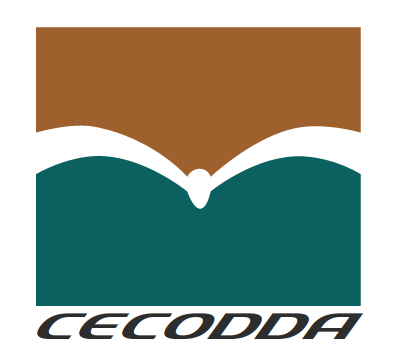Trade Policy for enhanced export competitiveness
Posted on: December 14, 2020

This action, implemented under the Grant component of the TCII Programme aims to support exporters, trade support institutions (TSIs), the government officials and other development stakeholders to enhance the capacity of Tanzania as an ACP country to formulate and implement suitable trade policies, including strategies for strategic measures to harness the opportunities arising from effective implementation of regional and international trade agreements.
The grant action was launched in October 2019 for a two-year implementation period, one launching event was held in Dodoma and the other in Dar-es Salaam. REPOA has implemented several international value-chain research projects in the past on which the project is building on.
The first steps carried out by the project were to deepen the export trade environment and start engaging in dialogue with the private sector, government officials and international organizations. This allowed the parties to deepen the understanding of the export related problems in Tanzania and try to formulate requisite solutions.
Business climate in Tanzania is ranked very low on trade across borders, and on issues related to their policy incoherence. The government taxes and regulates activities that it wants to encourage (for instance, taxes and VAT regulation on transit trade for hinterland trade like Rwanda).
Tanzanian exporters and importers have to deal with too many ministries and regulators (i.e the problem is not the fact to be subject to the taxes but the fact that they have to pay a lot of taxes to different entities and the number of documents to be filled-in are too many).
For competition and diversification, harbour and airport facilities are lacking. These are physical bottlenecks that structurally limit export trade in Tanzania. Export trade is mostly redirected via Mombasa or Nairobi in Kenya.
The fact that Tanzania is a merger of two different territories (Tanzania mainland and Zanzibar) with two different institutions constituted another bottleneck.
It has been recognized and studied that domestic trade from Mainland to Zanzibar and vice versa) is often treated as imports and exports. In addition, diverging trade policies and regulatory frameworks impact on value-chains (Rice).
The activities of this action will produce a mix of policy analysis, technical assistance and capacity building with the aim to:
- support ongoing revision of Tanzania’s trade policy to foster the competitiveness of agro-exports, diversification and value chain development.
- address long-standing concerns on agri-trade research—data inconsistencies, M&E systems
- create a critical mass of policy analysts, researchers and trade negotiators
- Increase awareness of market needs and compliance by exporters
- Promote an informed and continuous dialogue between public and private sectors on trade support and regulations
In the first phase of the action three research reports were produced as part of efforts to establish a comprehensive understanding of trade policy in related sectors that affect export competitiveness and diversification in the selected value chains. These covered:
- A diagnostic assessment of manufacturing competitiveness in Tanzania,
- Institutional analysis of enterprise development and competitiveness: challenges and opportunities for Tanzania
- The impact of recent policy developments on enterprise development and competitiveness in Tanzania
Further, REPOA and ISS-Erasmus along with the Rice Council of Tanzania (RCT) and the Tanzania Industrial Development Organisation (TIRDO) have begun additional analyses of trade policy in the rice, leather and logistics value chains. Five-analyses are currently at various stages of completion by the implementing partners, addressing the following trade policy areas:
- Firm level productivity in Tanzania and major regional trade partners
- Gravity trade model
- Trade Implications of Tanzania’s recent Middle-Income Country status
· Value Chain Analysis of the Leather Industry
· Tanzania’s trade in perspective
Two reports reviewing the institutional arrangements for trade in the horticulture and seaweed value chains have been produced. Analytical work for this output benefitted from TradeCom II’s earlier support to REPOA in 2017 which allowed the latter to conduct comprehensive fieldwork in the two value chains and establish a healthy database of stakeholders. Additional fieldwork in the two value chains was conducted in November 2019 to validate the relevance and consistency of data and information collected two years ago, as well as update it.
The Programme implementation unit is also working with beneficiaries to promote policy engagements among the various target groups through the use of public private dialogues (PPDs). One PPD exploring the business environment and manufacturing competitiveness took place on 5th March 2020 in Dar es Salaam in collaboration with the UONGOZI Institute. Two other PPDs on trade and value chain competitiveness originally planned for Year 1, have had to be postponed to March and June 2021.
Despite these achievements, implementation of the Action did not proceed as originally planned following the global outbreak of COVID-19 pandemic.
REPOA and ISS-Erasmus have responded to the COVID-19 induced backlog by increasing collaboration with other target beneficiaries including trade support institutions (TSIs) and ministries in rationalization of the implementation schedule. Further, this approach will add value to the Action’s results by ensuring their complementarity not only with the existing needs of stakeholders but also other ongoing Actions and trade related reforms in Tanzania




